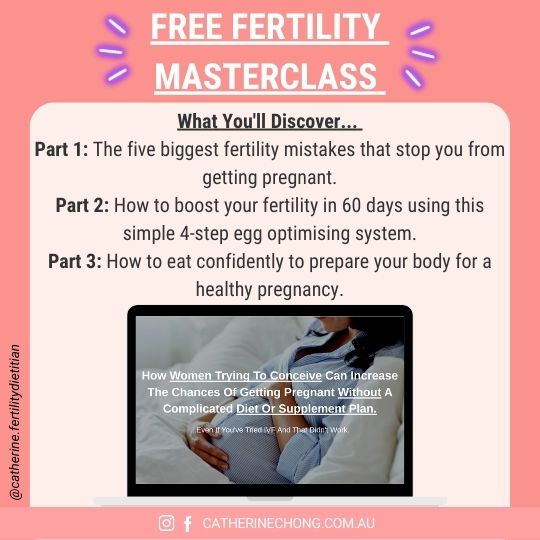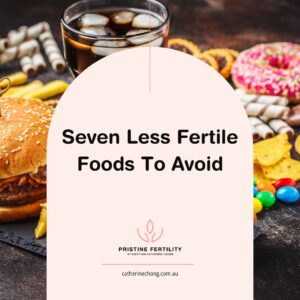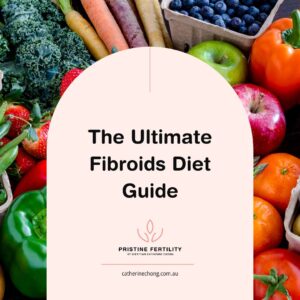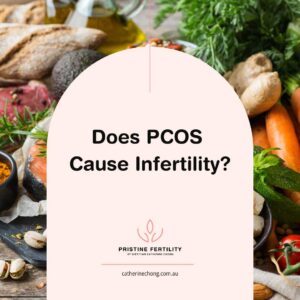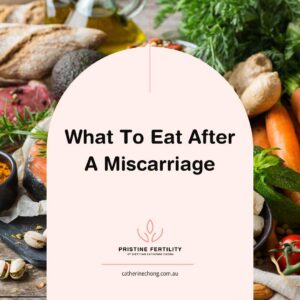The Role of Fertility Tea in Boosting Pregnancy Success
As more individuals search for natural ways to enhance fertility, fertility tea has emerged as a potential ally. In this blog, we will explore the various blend of fertility tea and sift through the scientific evidence surrounding its potential benefits.
Different Types of Fertility Tea
1. Chaste Tree Tea:
Vitex agnus-castus, also known as chaste tree, chaste berry, or simply Vitex, is a plant native to the Mediterranean region. It has been used for centuries in herbal medicine for various conditions, most notably for women’s reproductive health issues.
The fruit of the Vitex agnus-castus plant is often used to make medicinal extracts. These extracts are believed to affect the hormones that regulate a woman’s menstrual cycle and fertility.
Some studies have suggested that it may help with conditions like premenstrual syndrome (PMS), menstrual disorders, infertility problems, and menopause symptoms. However, more comprehensive research is needed to fully understand its potential benefits and side effects.
It’s important to note that while Vitex is a natural product, it can still interact with other medications and have side effects. Therefore, it should be used under the supervision of a healthcare provider or a qualified herbal medicine practitioner.
2. Stinging Nettle Tea:
Stinging nettle is a herbal supplement commonly used worldwide. This plant, scientifically known as Urtica dioica, contains abundant bioactive compounds such as formic acid and is a rich source of flavonoids. However, it’s important to note that most of the research on stinging nettle so far primarily focuses on its impact on metabolic syndrome, which includes risk factors like hypertension, dyslipidemia, and high glucose levels.
Stinging nettle has demonstrated potential anti-diabetic effects, including increased insulin secretion and enhanced proliferation of pancreatic β-cells. While these benefits may indirectly support reproductive health and fertility by improving overall health, the direct connection to fertility enhancement requires more targeted research.
Nevertheless, it’s vital to approach stinging nettle tea cautiously, as it may interact with certain medications. Always consult with a healthcare professional before considering its use as a part of your fertility journey.
3. Green Tea:
Green tea, rich in antioxidant catechins, could be a strong ally in the quest for better fertility. Reactive oxygen species (ROS), harmful byproducts of cellular oxidation, can negatively affect sperm and egg cells by causing oxidative stress.
The polyphenols in green tea, including catechins, help counteract this damage. They’ve been found to improve key fertility markers such as sperm count, mobility, and DNA health. The antioxidant properties of green tea may not only boost fertility rates but also improve the overall quality of gametes (sperm and egg cells).
However, green tea does contain caffeine, so it’s essential to consume it in moderation. Aim for no more than two cups daily to balance the potential fertility benefits against the potential risks of excessive caffeine intake.
Bottom Line:
Remember, fertility tea isn’t the magic key to solving fertility puzzles. Achieving your best fertility health is more like preparing a hearty recipe with several ingredients, with a nutritious diet playing a starring role!
Consulting with healthcare experts, maintaining a balanced diet, incorporating regular exercise, and nurturing a positive mindset are key elements in fostering a fruitful fertility journey.
Need More Help?
Don’t navigate this journey alone. Schedule a personalised nutrition consultation today. Let’s clear the confusion together and boost your fertility naturally.
You May Also Be Interested In
Disclaimer: Content on this website is provided for information purposes only and should not be replaced with medical advice. We recommend you discuss with your healthcare providers (doctor, dietitian, pharmacist, etc.) any medical questions for diagnosis and treatment, dietary plan, or use of any medications and nutritional supplements before you make any changes. DietitianChong Pty Ltd shall not bear any liability for reliance by any user on the materials contained on this website.

